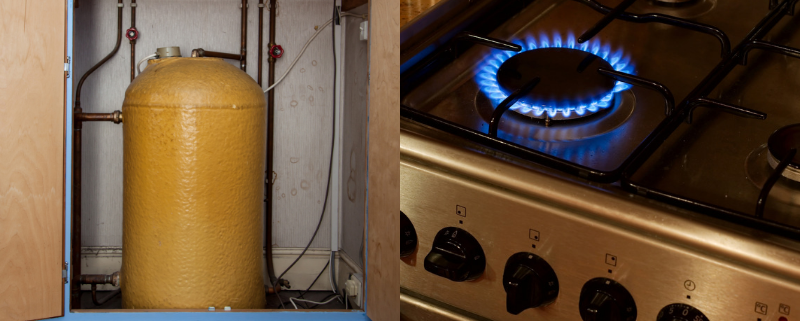Everything has a lifespan: Future costs to consider in a home inspection
Did you know honey is the only food that never expires?
Truly, a jar uncovered from the ancient Egyptians would be good to go if we discovered it today.
Unfortunately, the same can’t be said about houses. Everything, from stoves, to pipes, to cladding, has a life span.
The most common mistake home buyers make is to compare the nominal prices. Which house costs less? Which has the most features? It’s only after purchasing, often several years down the line, that you realise you weren’t comparing equals. A house which is $10,000 cheaper but needs to be re-cladded in five years’ time, could end up costing a significant amount of money to remedy.
Once you purchase, it’s all yours
For the seasoned investors out there, you’ll understand this feeling. You purchase a home, and suddenly, the responsibility is all yours, good or bad. Many first home buyers who have previously rented get a shock at the transition from house repairs being a simple call to the property manager, to being a serious dent in your bank account!
When you’re next in the market for a home, here are a few of the areas you’ll want a home inspection to pay close attention to:
- External materials. It’s not just the aesthetics that matter with cladding. After all, their primary purpose is to keep the elements out—which means they’re constantly exposed to the elements. You’ve likely heard you can’t go wrong with brick and tile, and there’s a lot of truth to this. However, be sure to have a thorough look at the type of tile, as many old concrete tiles can crack or lose their protective paint coating, which can allow water ingress. Many cladding types only have a limited lifespan. Timber weatherboards with maintenance can last for many decades but are less durable than brick, and even though the home may appear much cheaper now, it could end up biting you in the pocket for years to come. Any good home inspection should highlight any potential cladding issues.
- Hot water cylinders. Obviously, quality can vary between makes and models. I have seen cylinders over 50 years old still functioning, and some only 12 years old that need replacing. If you buy a house with a hot water cylinder from the pre-2000s, you may as well add a couple of thousand to the price of the house—the chances of having to replace in the near future are high. Even if it’s currently functioning, there’s a real risk of further damage occurring when it inevitably fails. I identify the age of the cylinder where possible.
- Pipes. Again, types of pipes used in houses vary wildly. If your home has standard copper pipes, then you might be looking at a life span of about 50-70 years depending on the piping. Doesn’t sound too bad—but remember, there are plenty of tidy houses built in New Zealand in the mid-century, meaning that the 70-year mark is coming around quickly. Even if you have a newer home, particularly acidic water can break pipes down within 20 years, so it’s always best to get these checked thoroughly—this may require engaging a Registered Plumber.
- Stoves. It’s easy to overlook something like the stove in a new home, given that it’s often not actually part of the building. However, whether you’re buying as a first home or an investment, you’ll need a stove in your home, and they aren’t cheap to replace. Again, if the stove is over 15 years, you may as well add another few thousand to the house’s price tag.
Outsource the stress
Without coming across too cynical, there’s a lot to be wary of when buying a home. But don’t let that ruin the experience—after all, buying property is incredibly exciting, and should be a time of pride and celebration, not stress and concern.
There’s a solution. When you come across a home that ticks all your boxes and feels right, just outsource the stressful part. Professional building inspectors can make sure you don’t make any of these straightforward mistakes. We know what to look for and can make sure when you make a decision, you’re making it with full information from a home inspection.
Here at the Property Inspectors, we want you to enjoy purchasing your next home. It’s our job to worry about the stressful stuff, so you avoid getting stung by nasty hidden costs in the years to come. Book a home inspection today.








